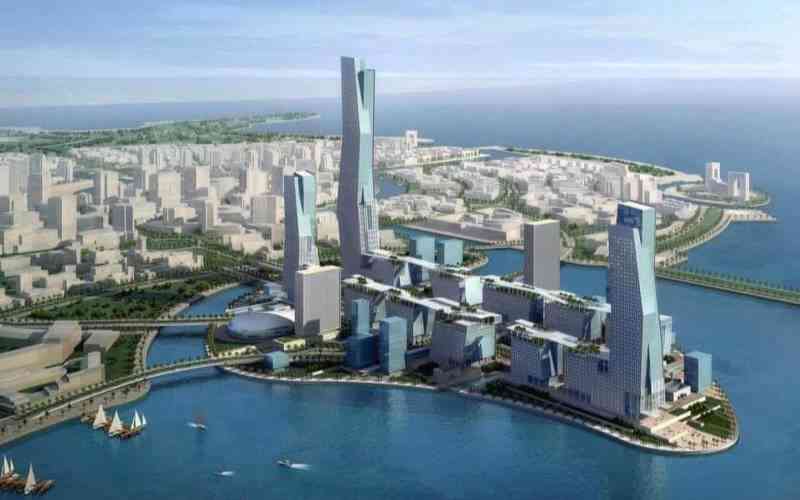
When it became clear Argentina's superstar footballer Lionel Messi was keen on leaving French side Paris Saint-Germain, Al Hilal, one of Saudi Arabia's best football clubs, presented him with the most lucrative deal in football history, worth a staggering $500 million a year.
If Messi accepted this ridiculous offer, he would be the third Ballon d'Or winner gracing a league which was, just a few years ago, relatively unknown. Nemesis Cristiano Ronaldo had joined Saudi side Al Nassr in December 2022 in a mouth-watering $200 million-a-year deal. French striker Karim Benzema also signed for Al Ittihad, as did international teammate N'Golo Kante.